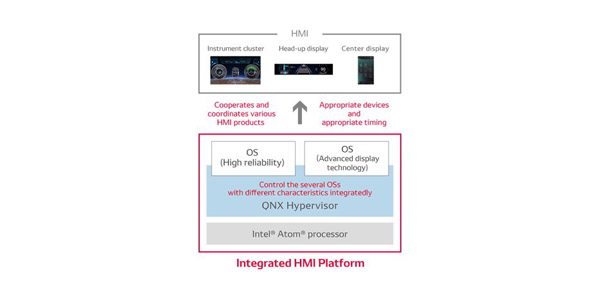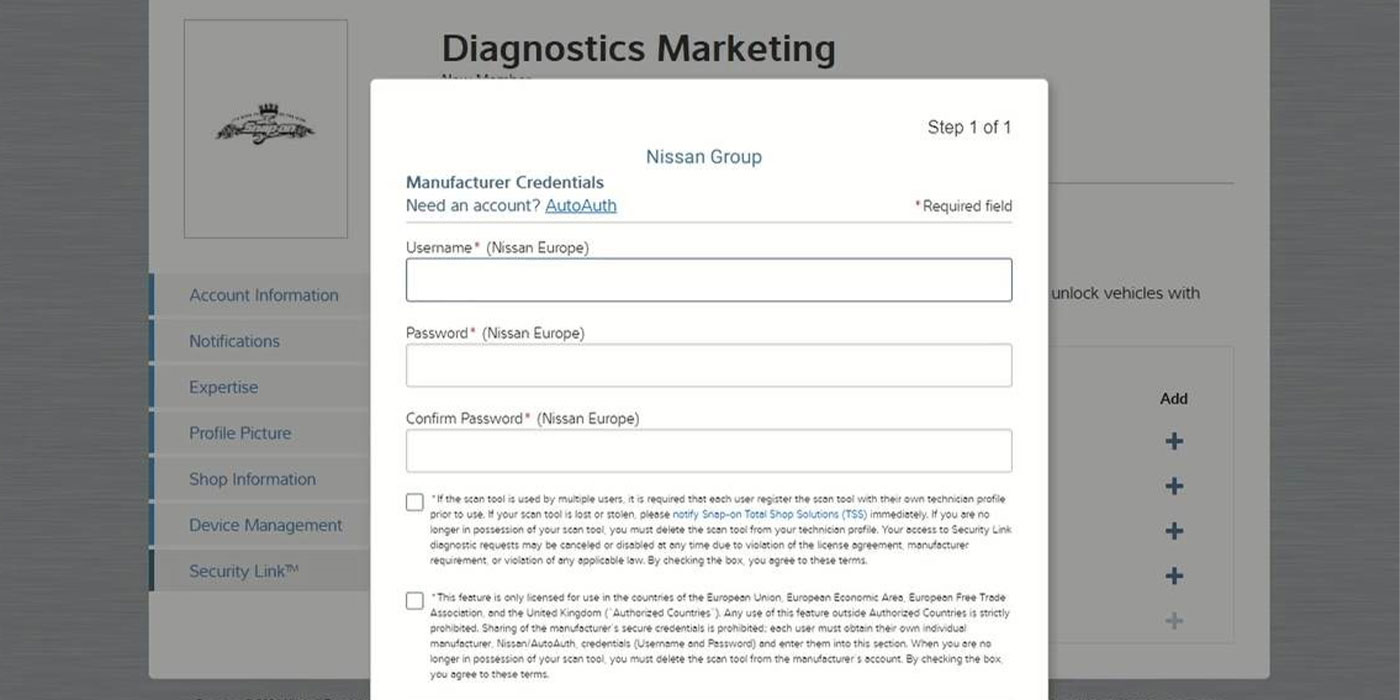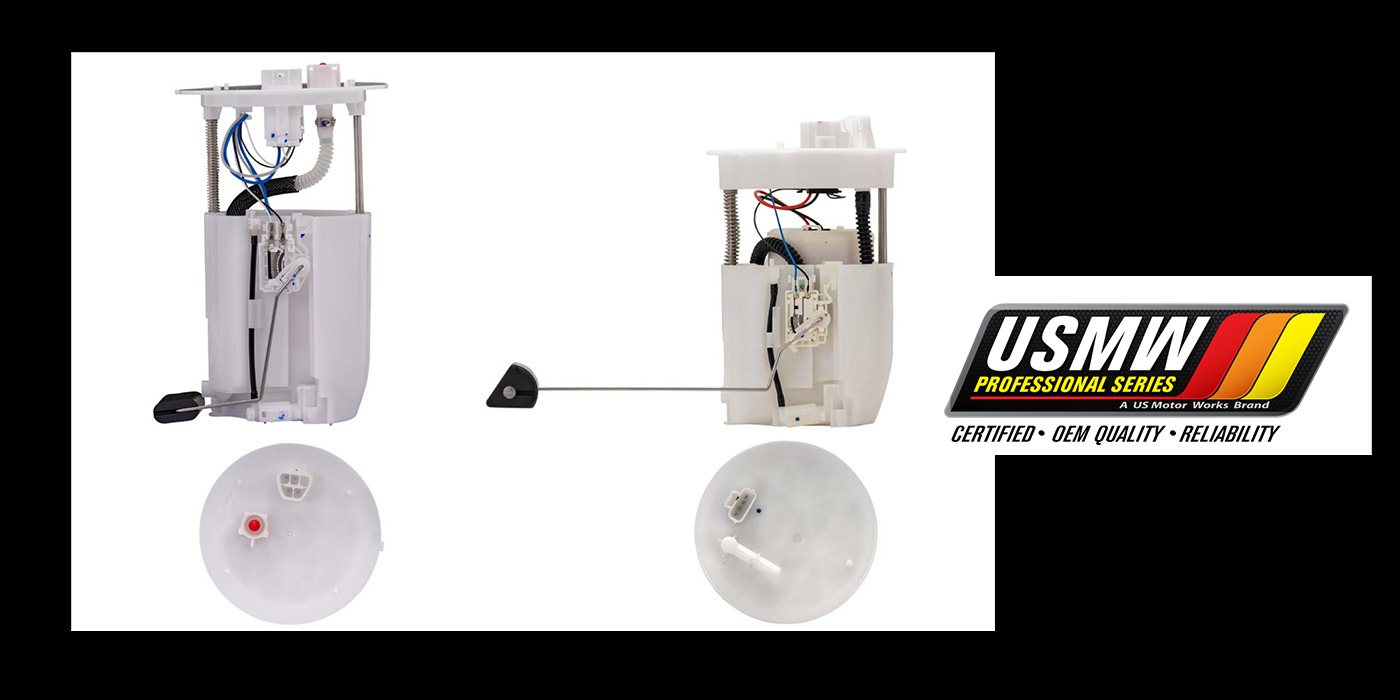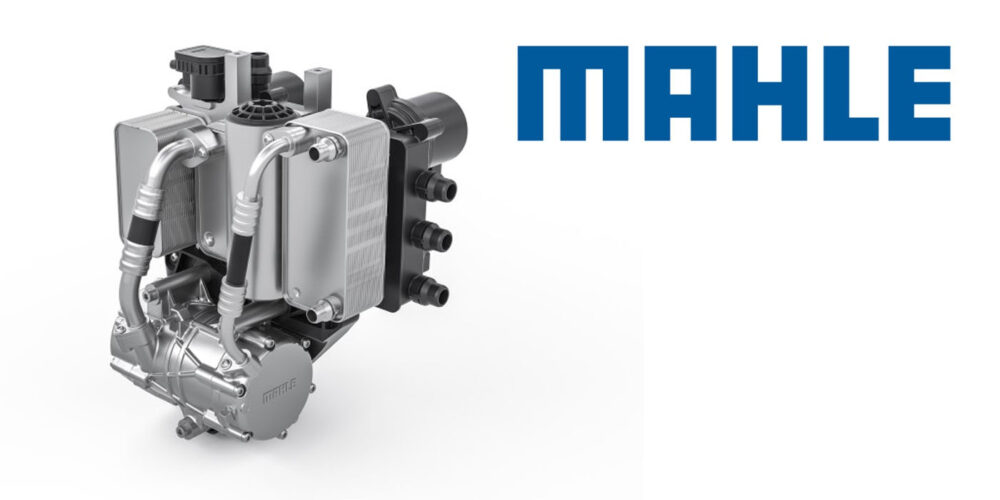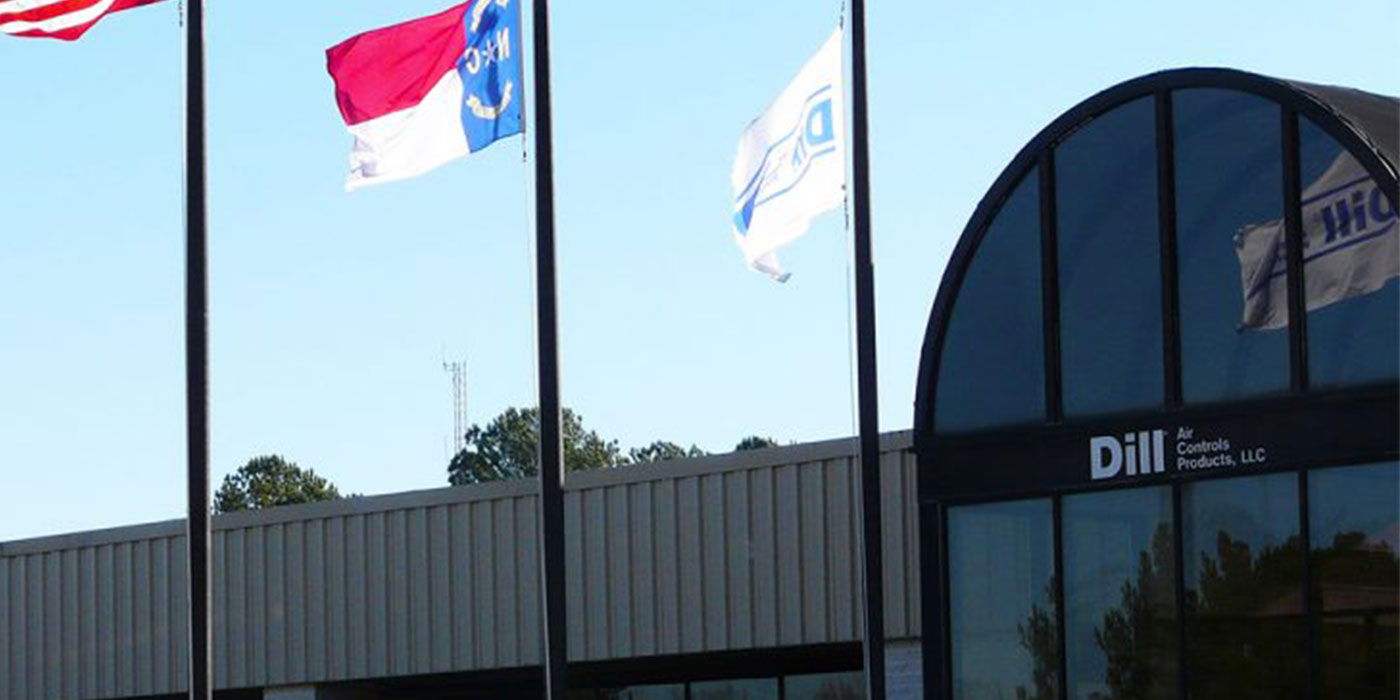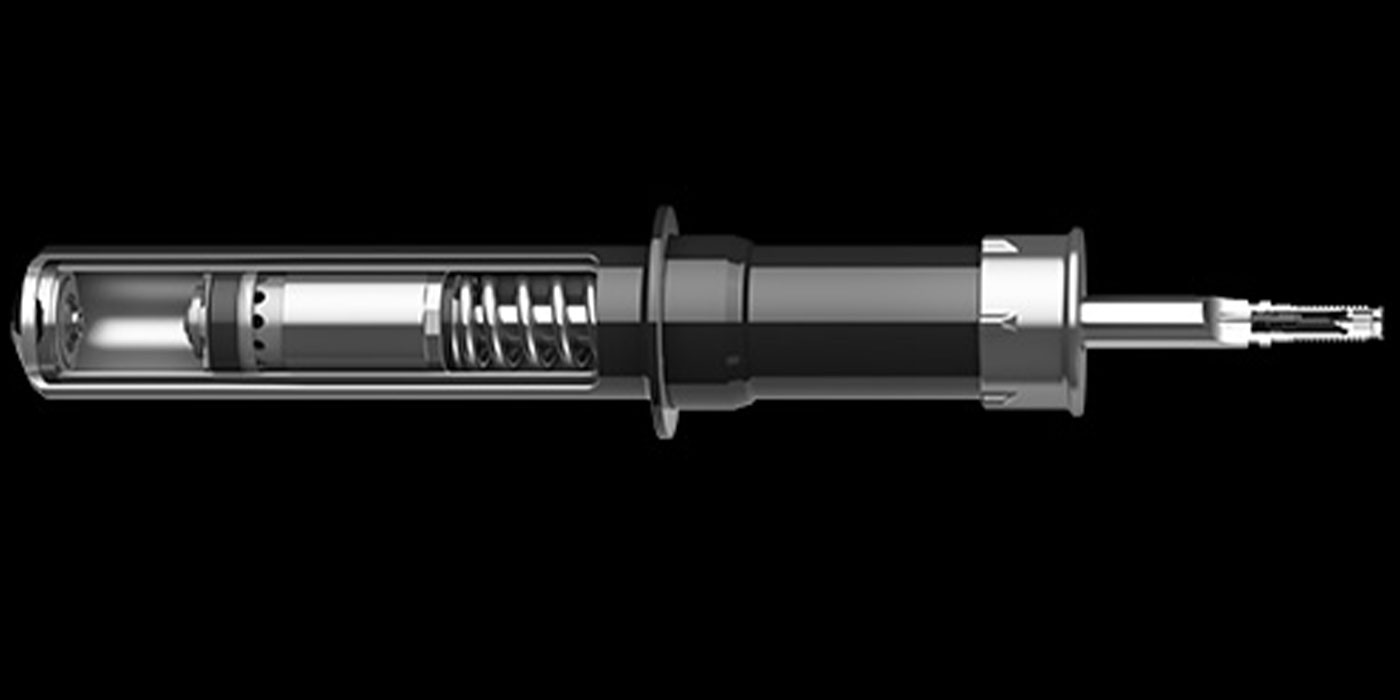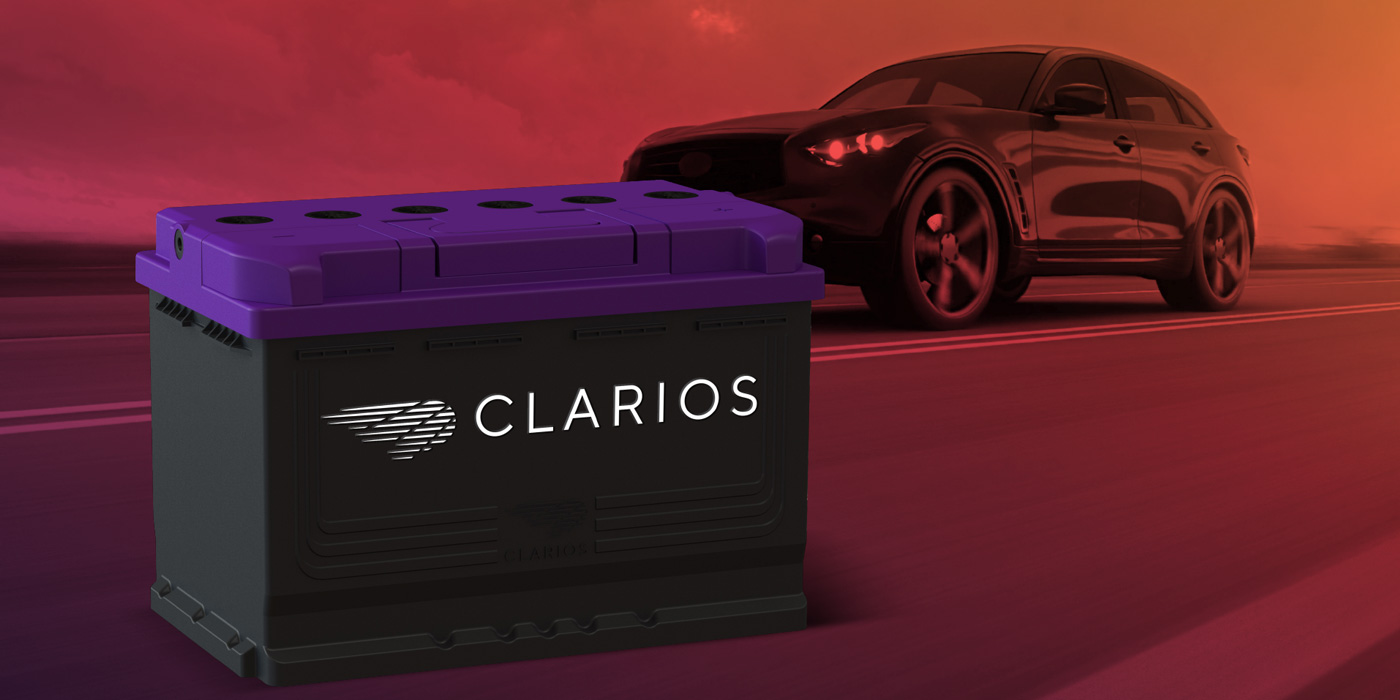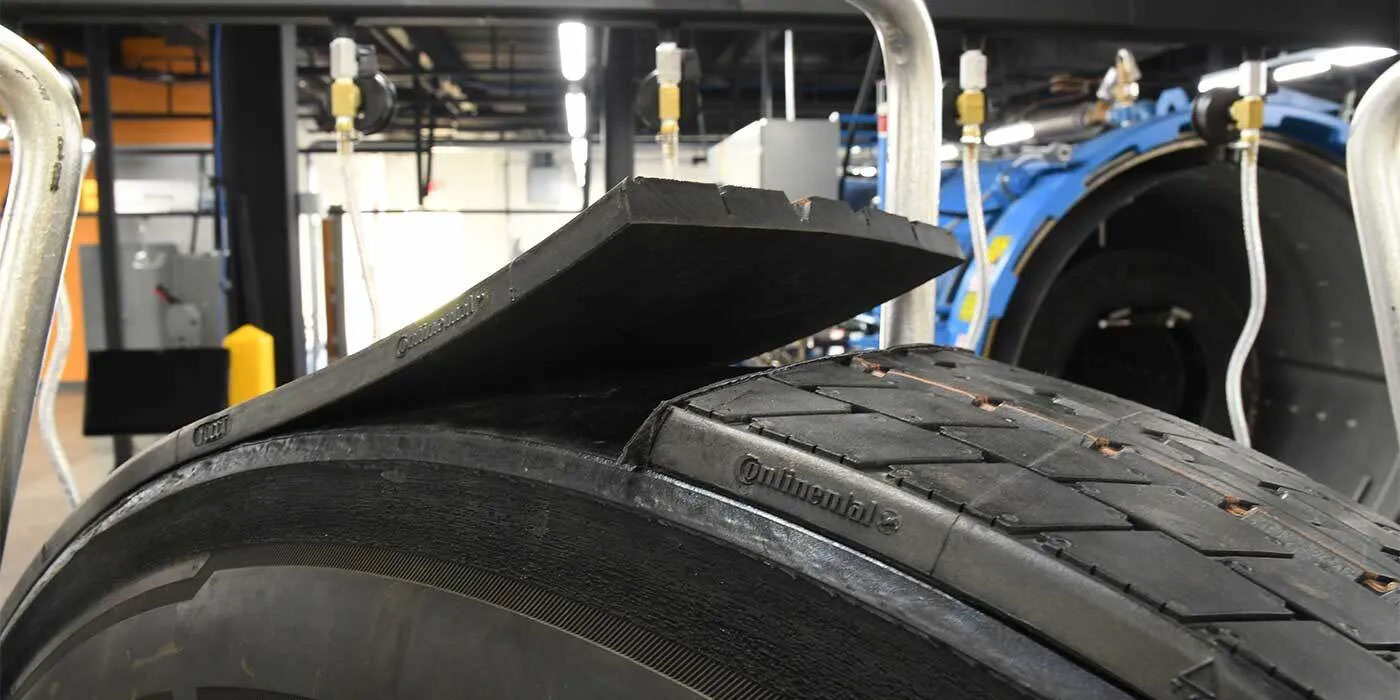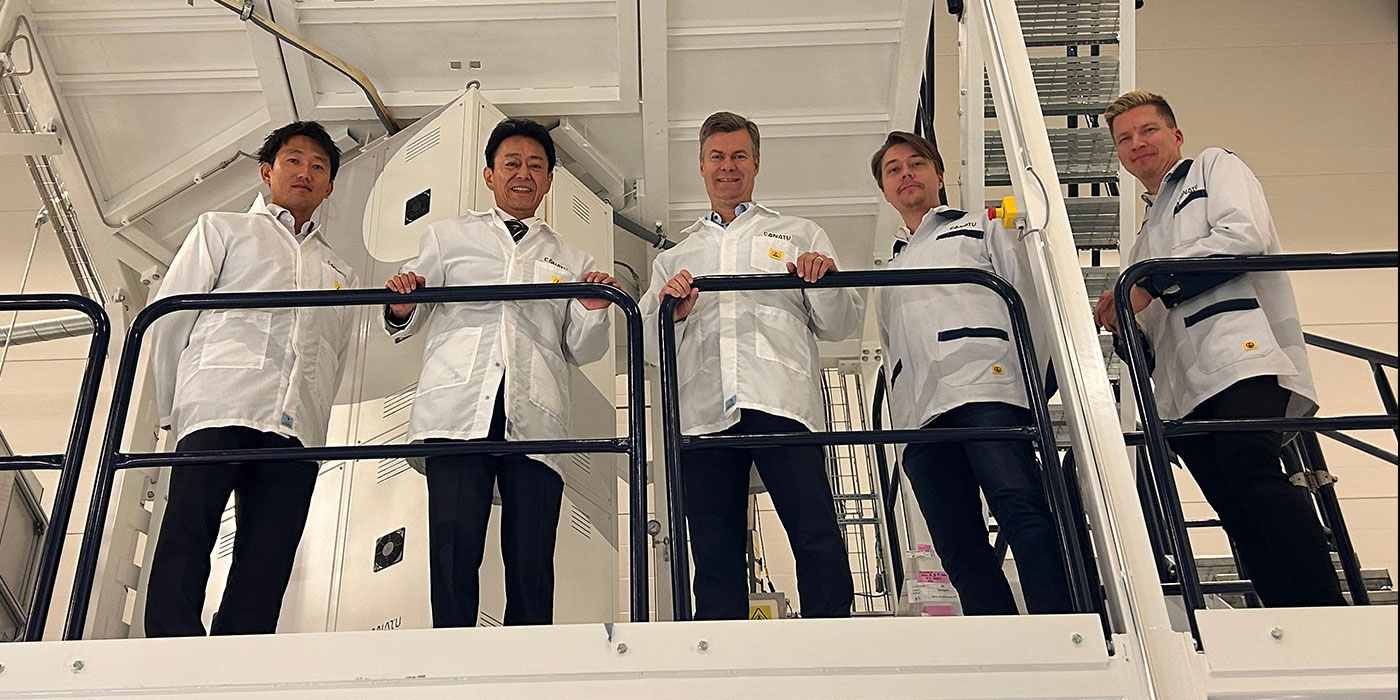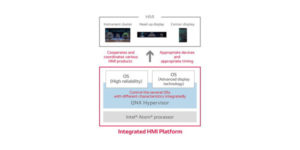 DENSO Corp. and BlackBerry Limited announced they have jointly developed what they claim is the world’s first integrated human machine interface (HMI) platform. Intel Corp. also collaborated in the development of this product.
DENSO Corp. and BlackBerry Limited announced they have jointly developed what they claim is the world’s first integrated human machine interface (HMI) platform. Intel Corp. also collaborated in the development of this product.
The integrated HMI platform will enable a system that optimally cooperates and coordinates various HMI products such as display and sound inside the automobile cockpit at a low price. The integrated HMI platform will appear in successive car models scheduled for release after 2019.
With the improvement of automobile safety and convenience in recent years, the amount of data the vehicle transmits to the driver is increasing. Today, vehicles are equipped with multiple HMI systems, which require several device-specific operating systems (OSes) to work in unison. Because the OSes are independently controlled by multiple microcontrollers, it has not been possible to cooperate and coordinate them to display content and sound uniformly.
The integrated automotive HMI platform is believed to be the first of its kind and was developed by DENSO and BlackBerry using BlackBerry’s QNX Hypervisor for virtualization and the Intel Atom processor A3900 series. The hypervisor technology enables the independence of several OSes with different characteristics and controls the integration with one microcomputer.
This architecture allows various HMI products to cooperate allowing necessary information to be displayed to the appropriate devices with appropriate timing. For example, it will be possible to communicate a heads-up or a warning through easy-to-understand expressions on the display with the appropriate timing. In addition, through cooperation between instrument cluster and navigation center displays, it is now possible to show animation with a sense of unity between the navigation screen in the meter screen. Furthermore, by updating the performance of one microcomputer, the processing performance for screens of both devices is updated, which contributes to improved increase in R&D productivity and cost reduction.
“DENSO has developed various HMI products, such as instrument clusters, car navigation systems and head-up displays that contribute to the safety and the convenience of automobiles,” said Yukihiro Kato, senior executive director, information and safety systems business group of DENSO. “Leveraging the technology and know-how acquired through the development of these products, we have developed an information management HMI technology that will support the evolution of automobiles in collaboration with BlackBerry QNX and Intel.”
“While cluster, head unit, infotainment and entertainment screens are all part of a new digital user experience in the car, they can’t be developed in isolation and need to work in tandem,” said John Wall, senior vice president and general manager of BlackBerry QNX. “With help from DENSO and Intel, BlackBerry QNX will provide a highly functional, virtual cockpit including a safety-certified digital instrument cluster that will be the new gold standard in the automotive industry. We look forward to working with them on many more projects in the future.”
As part of the integrated HMI, Intel has provided a unique and revolutionary graphics sharing technology, which it has optimized for the Intel Atom processor A3900 series, to the development efforts. The technology prioritizes and operates 3-D workloads important for safety and 3-D workloads of less importance on the same processor.
DENSO and BlackBerry will have booths at the Consumer Electronics Show (CES) in Las Vegas held from Jan. 9-12, 2018. The companies integrated HMI platform will be displayed in DENSO’s booth located at 1917, North Hall.

